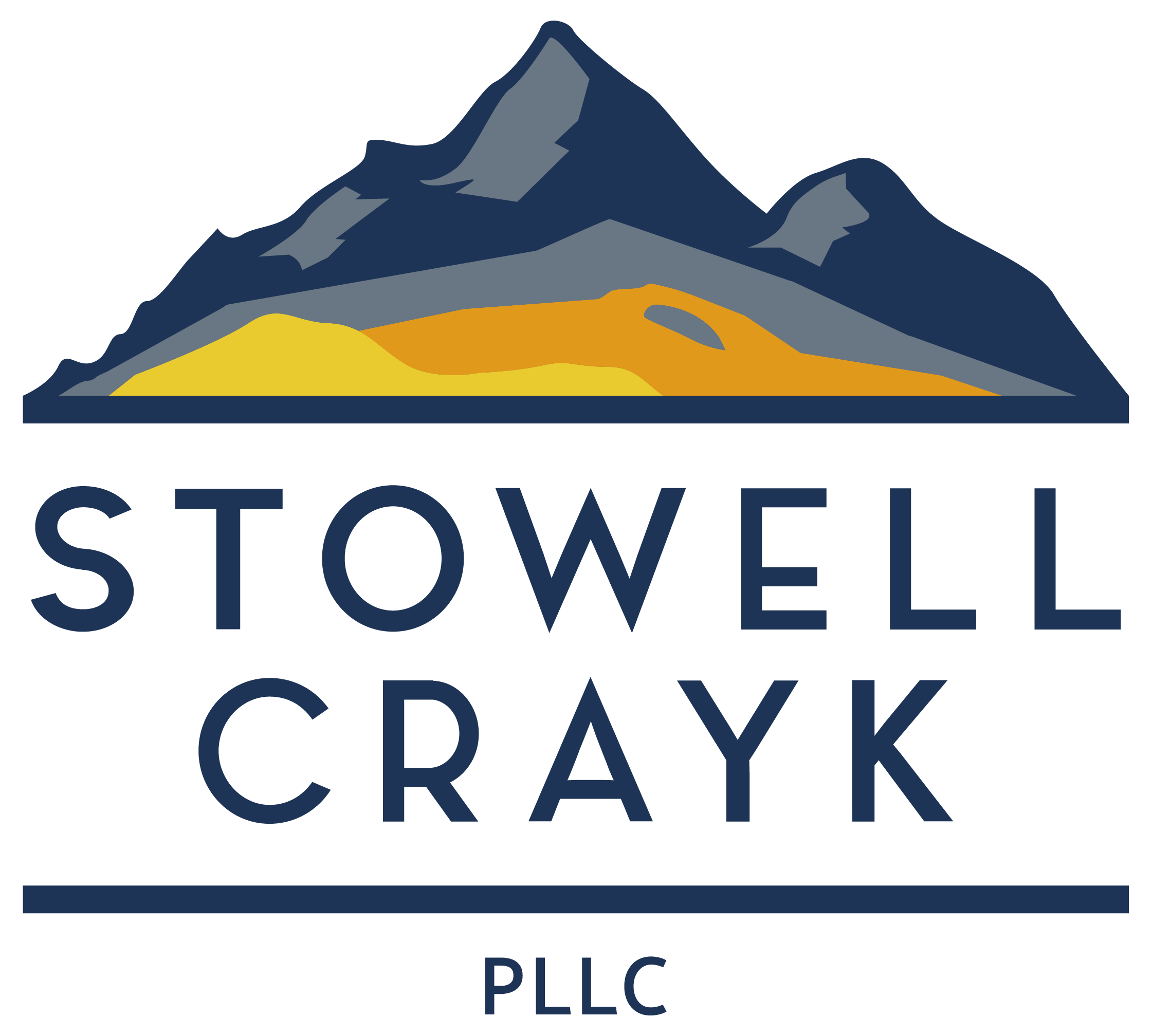Introduction
Child abuse is a grave and deeply troubling issue that affects countless children worldwide. As parents, guardians, and responsible adults, we must protect our children from harm. However, accusations of child abuse can be devastating, not only for the accused but also for the child involved. In this blog, we will explore effective ways to protect your children from child abuse and address the crucial question: What should you do if you’ve been charged with a crime related to child abuse? For expert legal guidance in such situations, consider consulting Stowell Crayk Law Firm.
Part 1: Protecting Your Children from Child Abuse
- Understand the Types of Child Abuse
To effectively protect your children, it is essential to understand the various forms of child abuse:
- a) Physical Abuse: Involves physical harm or injury inflicted on a child by a parent or caregiver. It is a form of mistreatment or harm inflicted on an individual through physical force or violence. It is a deliberate act of causing physical pain, injury, or bodily harm to another person. Physical abuse can occur in various settings, including within families, intimate relationships, caregiving situations, institutions, or even in public. Examples include but are not limited to, hitting or striking, biting, pushing or shoving, choking or strangulation, throwing objects, and use of weapons.
- b) Emotional Abuse: Emotional abuse, also known as psychological abuse or mental abuse, is a pattern of behavior that involves the use of words, actions, or tactics to control, manipulate, intimidate, or belittle another person, causing emotional distress, harm, or trauma. Unlike physical abuse, emotional abuse doesn’t leave visible physical marks but can have profound and lasting psychological effects on the victim. It is a form of abuse that primarily targets a person’s emotions, self-esteem, and mental well-being. Common examples of emotional abuse include verbal abuse, constant criticism, gaslighting, isolation, threats and intimidation, control, withholding affection, blame-shifting, and stalking.
- c) Sexual Abuse: Involves any sexual activity with a child, which is always illegal and harmful.
- d) Neglect: Occurs when caregivers fail to provide essential needs like food, shelter, and medical care. Child neglect is a form of child maltreatment characterized by the failure of a caregiver or parent to provide for a child’s basic physical, emotional, educational, or medical needs. It is a significant concern for child welfare and is considered a form of child abuse. Child neglect can have detrimental and long-lasting effects on a child’s health, development, and well-being. Examples of this are physical neglect, emotional Neglect, educational neglect, medical neglect, supervisory neglect, and child Exploitation.
- Create a Safe Environment
Ensure that your child feels safe and comfortable at home by:
– Open Communication: Encourage your child to talk openly about their feelings and experiences.
– Establish Boundaries: Set clear boundaries and rules for appropriate behavior.
– Monitor Online Activity: Keep an eye on your child’s online presence and interactions.
- Educate Your Child
Teach your child about personal safety:
– Body Autonomy: Help them understand their rights over their own body and the importance of saying “no” to uncomfortable or inappropriate situations.
– Safe Adults: Explain who they can trust and how to recognize unsafe individuals.
– Reporting: Teach them how to report any uncomfortable experiences to you or a trusted adult.
- Be Aware of Warning Signs
Pay attention to behavioral changes in your child, such as withdrawal, aggression, anxiety, or sudden shifts in mood. These could be indicators of child abuse.
- Encourage Healthy Relationships
Promote healthy relationships with friends and family members to help your child build a support network.
Part 2: What to Do If You’ve Been Charged with a Crime
If you find yourself facing charges related to child abuse, it is crucial to take the following steps:
- Seek Legal Representation
Contact a reputable law firm experienced in handling child abuse cases, such as Stowell Crayk Law Firm. A skilled attorney will help you navigate the legal process and protect your rights.
- Remain Silent
Exercise your right to remain silent when interacting with law enforcement. Anything you say can be used against you in court, so it’s best to consult your attorney before making any statements.
- Comply with Legal Procedures
Cooperate with the legal process, including providing necessary documents and attending court hearings. Please do so to avoid adverse consequences for your case.
- Gather Evidence and Witnesses
Work closely with your attorney to gather evidence that supports your innocence. This may include witness testimonies, surveillance footage, or other relevant documents.
- Maintain Custody Orders
If you have custody arrangements with your child’s other parent, ensure you abide by court orders. Violating custody orders during a legal battle can harm your case.
- Maintain Your Composure
Emotions can run high during child abuse cases. It’s essential to remain composed and not engage in confrontations or arguments with the accuser or their family.
- Seek Therapy or Counseling
If necessary, attend therapy or counseling sessions to demonstrate your commitment to addressing any underlying issues and becoming a better parent.
- Stay Informed
Stay informed about the progress of your case by regularly communicating with your attorney. Understanding your legal standing and options is essential.
- Prepare for Trial
If your case goes to trial, work closely with your attorney to prepare a strong defense strategy. Be honest and open with your legal team to ensure they can effectively represent you.
- Prioritize Your Child’s Well-being
Throughout the legal process, prioritize your child’s well-being. Consider their emotional needs and consult with professionals if they require support or counseling.
Conclusion
Protecting your children from child abuse is a critical responsibility for parents and caregivers. By creating a safe environment, educating your child, and being vigilant, you can significantly reduce the risk. However, if you face charges related to child abuse and are wondering What should you do if you’ve been charged with a crime, it is essential to consult a reputable law firm like Stowell Crayk Law Firm for expert legal guidance. By following the appropriate legal procedures and seeking professional help, you can work towards a resolution that prioritizes your child’s safety and legal rights.

